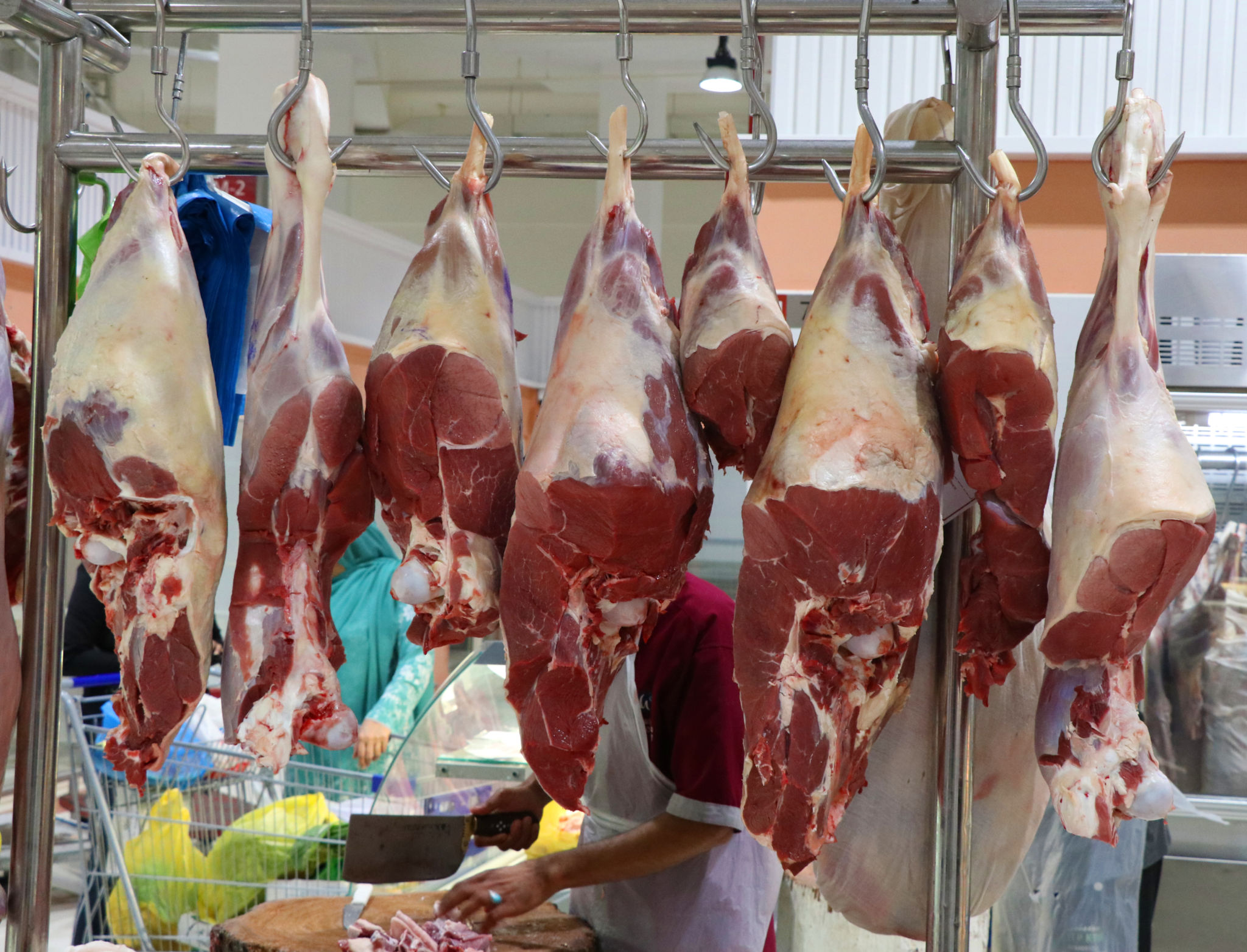A Beginner's Guide to Cooking with Halal Ingredients
Understanding Halal Ingredients
Cooking with halal ingredients involves understanding the principles of halal dietary laws, which are derived from Islamic teachings. Halal, meaning "permissible" in Arabic, refers to what is allowed for consumption according to Islamic law. For beginners, it's essential to familiarize yourself with these guidelines to ensure that your meals are both delicious and compliant with halal standards.
One of the core aspects of halal cooking is selecting meat and poultry sourced from animals that have been slaughtered according to halal methods. This process requires that the animal is healthy at the time of slaughter and that the slaughtering is done by a Muslim, who invokes the name of Allah during the process. By adhering to these practices, the meat is considered halal.

Key Halal Ingredients
When it comes to cooking with halal ingredients, you'll find a wide variety of options available beyond just meat. Here are some staple ingredients commonly used in halal cooking:
- Grains and Legumes: Rice, lentils, and chickpeas are versatile and widely used in many halal dishes.
- Fruits and Vegetables: All fruits and vegetables are considered halal, providing endless combinations for meals.
- Dairy: Milk, cheese, and yogurt are halal as long as they do not contain any haram (forbidden) additives.
Avoiding Haram Ingredients
While exploring halal cooking, it's equally important to identify and avoid haram ingredients. These are substances that are not permissible under Islamic law. Some common haram items include:
- Pork and its by-products: Pork is strictly prohibited in halal diets.
- Alcohol: Any form of alcohol is considered haram and should not be used for cooking.
- Non-halal gelatin: Often found in desserts and candies, make sure to use halal-certified gelatin.

Shopping for Halal Ingredients
Finding halal ingredients has become much easier with the growing availability of halal-certified products in supermarkets and specialty stores. Look for products labeled with a halal certification symbol, which ensures compliance with Islamic dietary laws. Many online retailers also offer a range of halal products, making it convenient for you to stock your kitchen with the essentials.
If you're uncertain about a specific product, don't hesitate to ask the store staff or do a quick online search to verify its halal status. Building a relationship with local butchers or markets specializing in halal foods can also be an invaluable resource for ensuring the authenticity of your ingredients.

Exploring Global Halal Cuisines
One of the exciting aspects of cooking with halal ingredients is the opportunity to explore diverse cuisines from around the world. Many cultures have developed rich culinary traditions that adhere to halal principles, offering a wealth of recipes and flavor profiles to experiment with in your kitchen.
From Middle Eastern classics like hummus and falafel to South Asian favorites such as biryani and curry, there is no shortage of delicious dishes to try. Experimenting with different spices and techniques will not only enhance your cooking skills but also broaden your palate with new tastes and aromas.
Starting Your Halal Cooking Journey
Embarking on your journey into halal cooking can be both rewarding and fulfilling. Start simple by integrating halal ingredients into your favorite recipes. Gradually expand your repertoire by trying new dishes from various halal cuisines around the world.
Remember that cooking with halal ingredients not only respects dietary laws but also invites creativity and exploration in the kitchen. Whether you're preparing a meal for family or hosting a dinner party, serving up delicious halal dishes can bring people together while honoring cultural traditions.